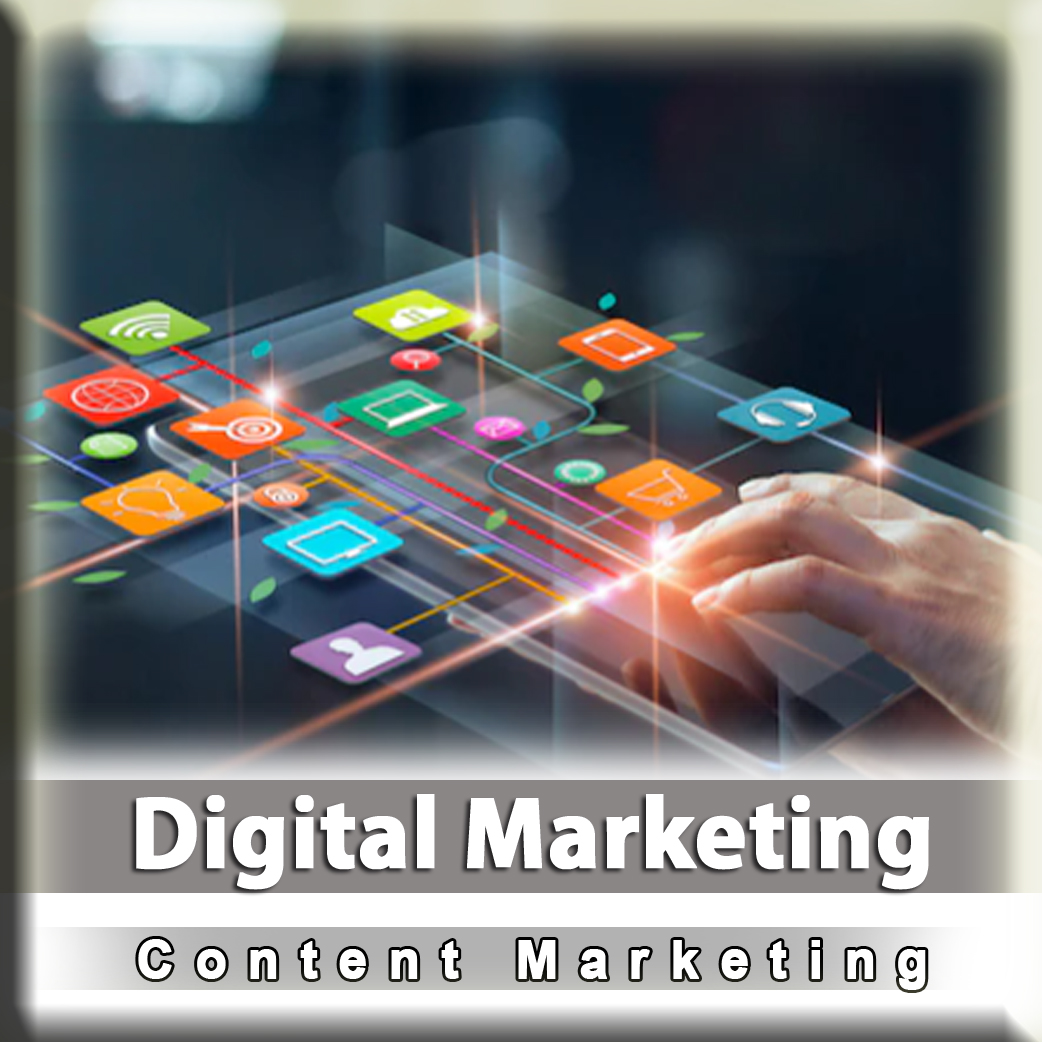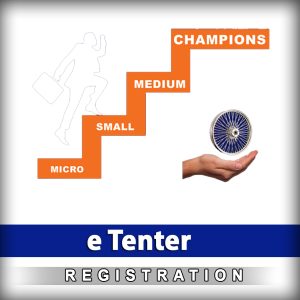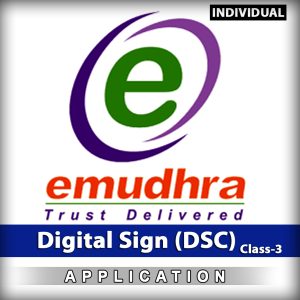Description
Digital marketing refers to the use of digital channels, platforms, and technologies to promote products, services, or brands to a target audience. It encompasses a wide range of online marketing activities and strategies aimed at reaching customers through digital channels such as search engines, social media, email, websites, and more. Here are some key components of digital marketing:
- Search Engine Optimization (SEO):
- SEO involves optimizing online content to improve its visibility in search engine results. The goal is to increase organic (non-paid) traffic to a website by achieving higher rankings in search engine results pages.
- Search Engine Marketing (SEM) and Pay-Per-Click (PPC):
- SEM involves paid advertising on search engines. PPC is a model of online advertising where advertisers pay a fee each time their ad is clicked. Google Ads is a common platform for PPC advertising.
- Social Media Marketing (SMM):
- SMM involves using social media platforms (e.g., Facebook, Instagram, Twitter, LinkedIn) to promote products or services. It includes creating and sharing content, engaging with the audience, and running paid advertising campaigns.
- Content Marketing:
- Content marketing focuses on creating and distributing valuable, relevant, and consistent content to attract and retain a target audience. Content can take various forms, including blog posts, articles, videos, infographics, and more.
- Email Marketing:
- Email marketing involves sending targeted messages to a group of people through email. It is often used for promotional purposes, customer engagement, and building relationships.
- Affiliate Marketing:
- Affiliate marketing is a performance-based marketing strategy where businesses reward affiliates (partners) for driving traffic or sales to the business through the affiliate’s marketing efforts.
- Influencer Marketing:
- Influencer marketing leverages the popularity and influence of individuals (influencers) on social media platforms to promote products or services. Brands collaborate with influencers to reach their followers.
- Online Public Relations (PR):
- Online PR involves managing a brand’s online reputation, building relationships with online media, and creating positive visibility through various online channels.
- Analytics and Data-driven Marketing:
- Digital marketing relies heavily on data analysis to measure the performance of campaigns. Analytics tools help marketers track key performance indicators (KPIs) and make data-driven decisions.
- Mobile Marketing:
- With the increasing use of smartphones, mobile marketing focuses on reaching audiences through mobile devices. This includes mobile apps, mobile-optimized websites, and SMS marketing.
Effective digital marketing often involves a combination of these strategies to create a comprehensive and integrated approach. Businesses and marketers need to stay updated on industry trends and consumer behavior to adapt their digital marketing strategies accordingly.






Reviews
There are no reviews yet.